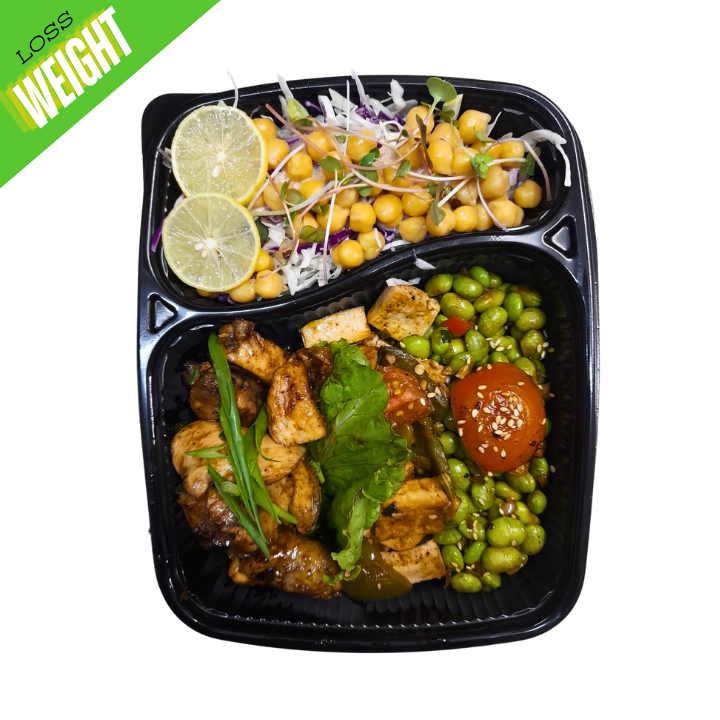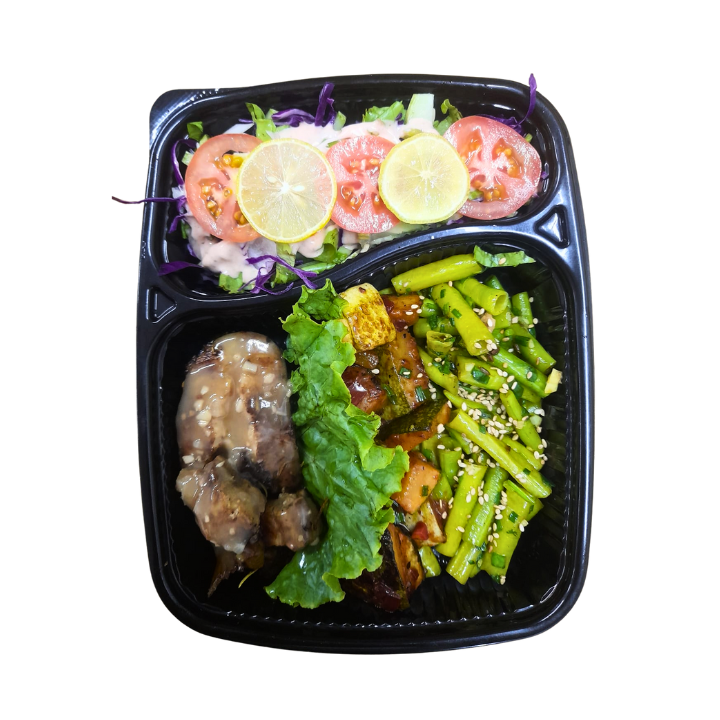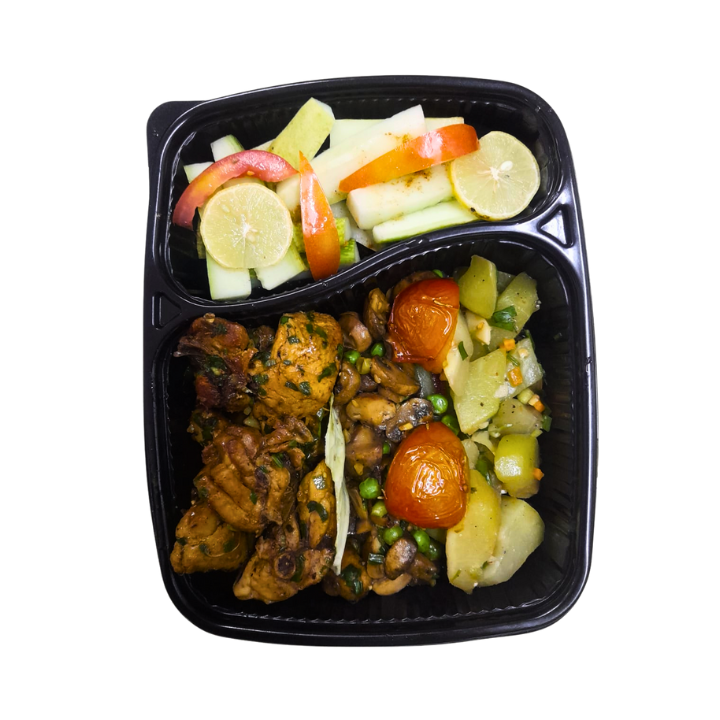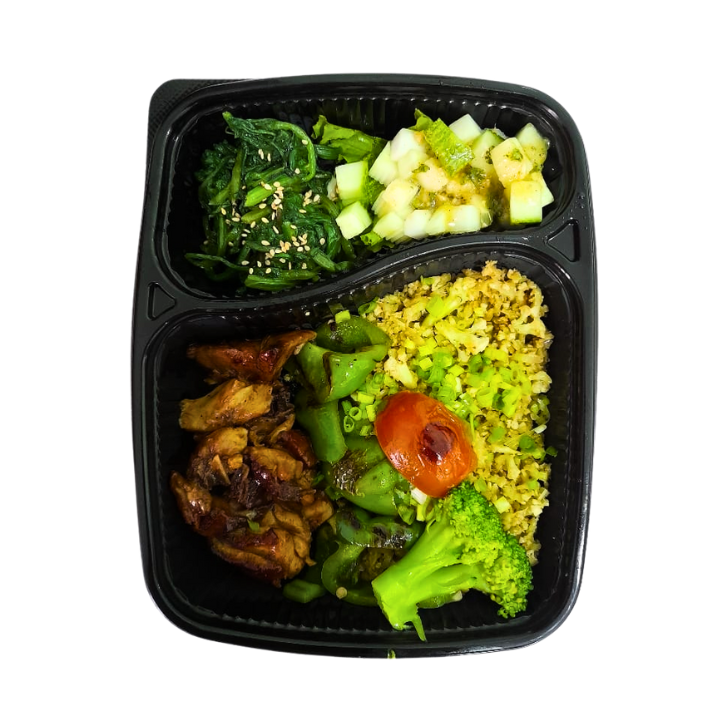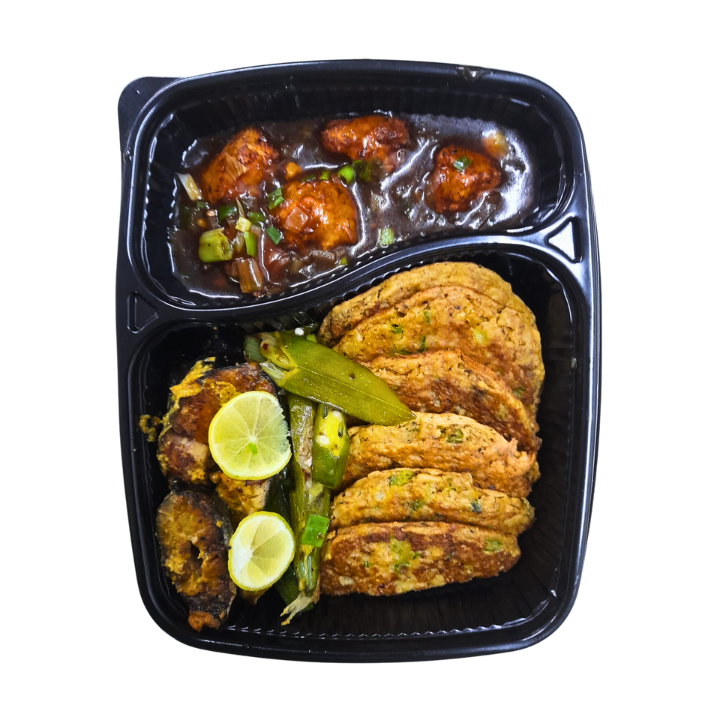Description
The keto diet, short for ketogenic diet, is a low-carbohydrate, high-fat diet that has gained popularity for its potential health benefits and effectiveness in weight loss. Here’s a breakdown of its key principles:
Low Carbohydrate: The keto diet drastically reduces carbohydrate intake, typically to less than 50 grams per day, and sometimes as low as 20 grams per day. This reduction in carbs forces the body into a metabolic state known as ketosis.
High Fat: To compensate for the reduced carbohydrates, the diet includes a higher intake of fats. Fats typically make up around 70-80% of total daily calories. This can include healthy fats such as avocados, nuts, seeds, and oils, as well as saturated fats from meats and dairy.
Moderate Protein: Protein intake is moderate and typically ranges from 20-25% of total daily calories. It's important to not consume excessive protein, as it can potentially interfere with ketosis.
Ketosis: Ketosis is a metabolic state where the body burns fat for fuel instead of carbohydrates. When carb intake is low, the liver converts fat into ketones, which can be used by the body and brain for energy.
Health Benefits: The keto diet has been shown to lead to rapid weight loss, improve insulin sensitivity, and may have benefits for certain neurological conditions like epilepsy. It's also being studied for potential benefits in managing conditions like type 2 diabetes and metabolic syndrome.
Foods to Eat: On a keto diet, you typically eat meat, fish, eggs, high-fat dairy, nuts, seeds, low-carb vegetables (like leafy greens and cruciferous vegetables), oils (such as olive oil and coconut oil), and some fruits in moderation (like berries).
Foods to Avoid: Foods high in carbohydrates are restricted, including grains, sugar, fruits high in sugar, starchy vegetables, and most processed foods.
It’s important to note that the keto diet is not suitable for everyone, and it's recommended to consult with a healthcare provider or a registered dietitian before starting any new diet plan, especially one as restrictive as keto.

